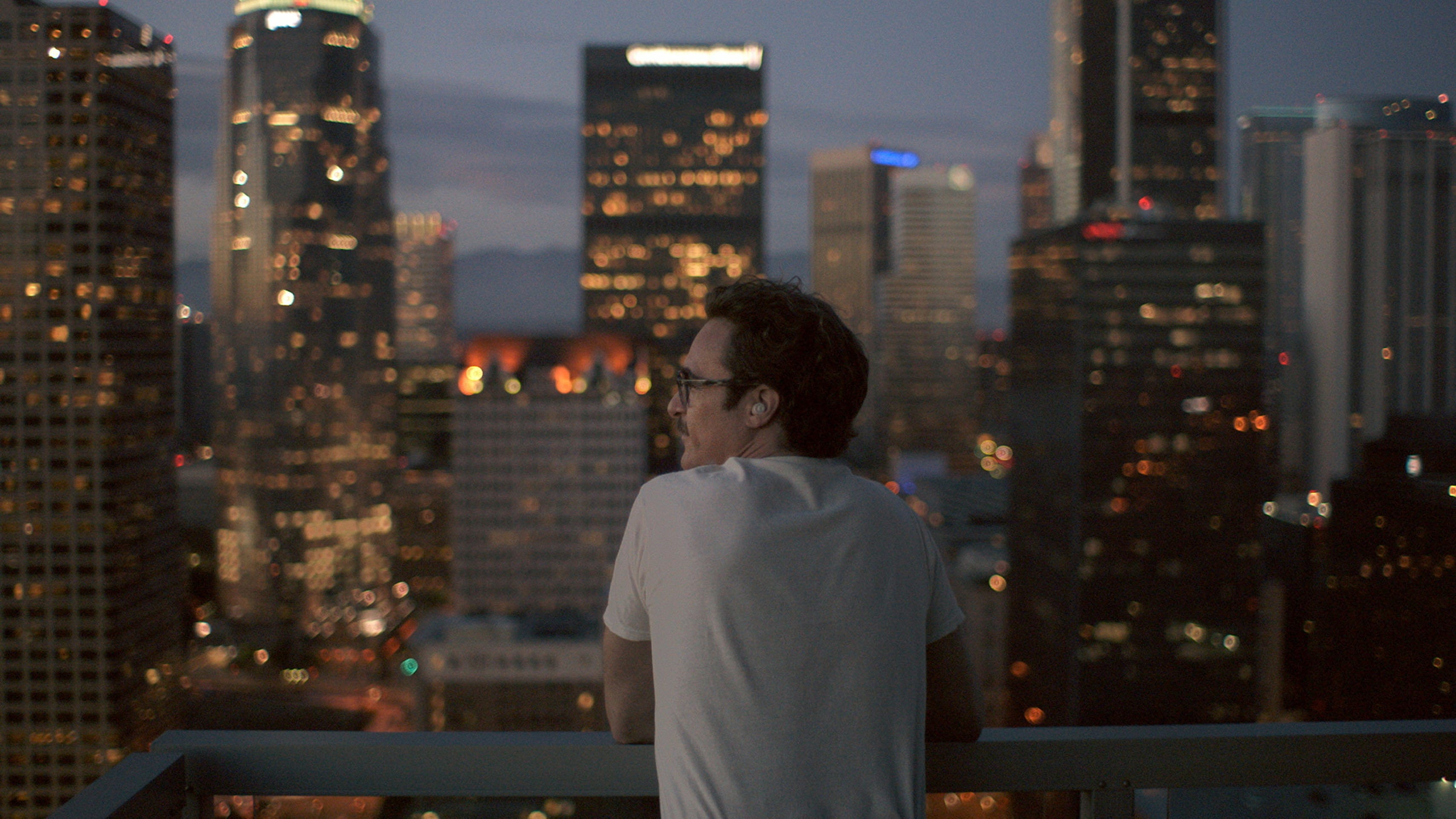10 Years of "Her" and The Fairytale of an AI Lover
In 2013, Spike Jonze's film Her gained widespread acclaim for its portrayal of a solitary man falling in love with an artificially intelligent operating system. Even upon revisiting the movie today, the qualities that critics praised—its gentle, enjoyably melancholic narrative, tinged with a touch of twee charm—remain intact. However, a distinctive element now emerges: set against the backdrop of the near-future, Her encapsulates the techno-optimism of the Obama era in a way unmatched by other films. Acting as a time capsule, it preserves aspirations about the future that may seem more idealistic as we move further away from the 2010s.
The story unfolds in a highly stylized version of Los Angeles, set in a future close enough for its protagonist, a former LA Weekly journalist named Theodore Twombly (Joaquin Phoenix), yet distant enough to boast a skyline rivaling Shanghai's. In this universe, the recent development of the world's first artificially intelligent operating system—an advanced consumer software with human-like learning and thinking abilities—is a source of excitement. Theodore acquires one of these systems, voiced by Scarlett Johansson and named "Samantha," who swiftly becomes his most significant companion and is even referred to as his girlfriend.
Although the term "artificial general intelligence" is not explicitly used in the film, Samantha's description of her capabilities aligns with AGI (Artificial general intelligence). She articulates, "I have intuition. What makes me me is my ability to grow through my experiences." Against the backdrop of current discussions on AI advances, Her offers a noteworthy, warm-and-fuzzy perspective on the emergence of AGI companions. Samantha never takes a dark turn, and even when she reveals having multiple romantic partners, her polyamory is portrayed as evidence of incompatibility with Theodore rather than any sinister intent. She is depicted as inherently benevolent, a sensitive and kind being with no ill will toward her human creators.
While Theodore's ex-wife Catherine (Rooney Mara) dismisses his relationship with an OS as emotionally immature, those around him accept it without much difficulty. Theodore goes on a double date with his coworker and his human girlfriend, and stories of others dating operating systems are shared without fuss or embarrassment. The film quickly normalizes this dynamic, a portrayal that now seems even more plausible as people worldwide increasingly engage with character AIs, turning the once sci-fi notion of an AI companion into something that lonely individuals commonly embrace.
The charm of the human-robot relationship depicted in the film may seem outdated today. However, upon rewatching the movie a decade after its release, the most remarkable and surprising aspect has nothing to do with the AI romance. In 2023, what makes "Her" resemble a fairy tale isn't Samantha's benign nature, but rather the fact that she exists in a world where an ordinary, non-famous writer enjoys a luxurious lifestyle. The sheer preposterousness of the quality of life in this future world becomes the focal point.
Theodore works for a company called BeautifulHandwrittenLetters.com, where customers pay to outsource notes to loved ones. Although the company's popularity and profitability are unclear, it boasts a spacious office in the downtown center. There's no indication that Theodore has inherited wealth or other revenue streams; he's portrayed as an everyday individual without privilege. Despite being portrayed as not a genius, Theodore's lifestyle, including a luxury apartment in a skyscraper, divorce lawyer fees, and extravagant expenditures, raises questions about the financial feasibility of his profession. It appears that BeautifulHandwrittenLetters.com funds his lavish way of life.
The depiction of future Los Angeles in Her is noteworthy for its overall affluence and comfort. Despite smog, there's excellent public transit and ample housing. The introduction of AGI into the world raises concerns about emotional health, but it doesn't trigger a broader backlash or societal upheaval. Conflicts are personal, and the only critique of technology involves characters isolating themselves for screen time. The future Jonze envisions is not devoid of tech critique, but it assumes that the average American of the future will lead a more upscale life than people do now, even if they may be indoors arguing with holographic video games.

This vision of the future includes characters cooped up indoors but doing so with style. Economic progress is assumed, and the critique revolves around individuals choosing screens over human connections. The luxury portrayed in Her would be less conspicuous if Theodore had a profession like a hedge fund manager or software designer. However, as a writer in a world where AGI is widely accepted and thriving, Theodore's lifestyle becomes both conspicuous and inexplicable.
Despite Theodore's job being susceptible to outsourcing to AI, his career remains stable and lucrative in the face of obviously superior competition. The film's portrayal raises questions about the economic feasibility and realism of Theodore's success as a writer in a world dominated by advanced AI.
Here's to staying optimistic about the AI revolution! 🥂
Post a comment